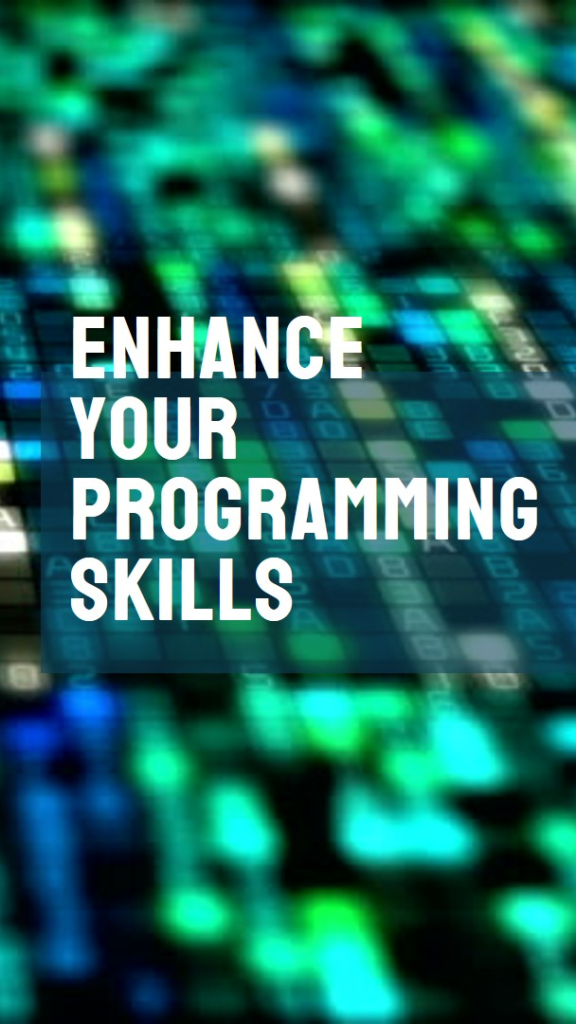A Comprehensive Guide to Java, Python, C, and C#:
In today’s digital landscape, programming languages play a pivotal role in shaping the future of technology. Java, Python, C, and C# are among the most widely used languages, each offering unique features and functionalities. In this article, we will explore the foundational programming logics that govern these languages, providing a detailed analysis that will enhance your understanding and skill set.
1. The Importance of Programming Logic
Programming logic is the cornerstone of software development. It involves a sequence of instructions and the logical flow that enables developers to solve problems effectively. Understanding programming logic helps programmers to think critically and design algorithms that perform efficiently.
1.1 Logic Structures in Programming
All programming languages share common logical structures:
- Sequential Logic: Executing code in a linear fashion, where each statement runs one after the other.
- Conditional Logic: Using statements like
if,else if, andelseto control the flow of execution based on certain conditions. - Iterative Logic: Employing loops (
for,while,do-while) to repeat code blocks until a specific condition is met.
These structures form the backbone of programming logics in all languages, including Java, Python, C, and C#.
2. Programming Logics in Java
Java is an object-oriented programming language renowned for its portability and robustness. It employs a rich set of programming logics that enable developers to create complex applications.
2.1 Object-Oriented Principles
Java’s object-oriented principles, such as encapsulation, inheritance, and polymorphism, facilitate structured programming and reuse of code.
- Encapsulation allows developers to bundle data and methods within classes, enhancing security.
- Inheritance enables new classes to inherit properties of existing ones, promoting code reusability.
- Polymorphism permits objects to be treated as instances of their parent class, simplifying method overriding and overloading.
2.2 Exception Handling
Java employs a robust exception handling mechanism using try, catch, and finally blocks. This allows programmers to manage runtime errors gracefully, ensuring that the application remains stable.
2.3 Java Collections Framework
The Java Collections Framework provides data structures such as ArrayLists, HashMaps, and Treesets that facilitate efficient data manipulation and retrieval. Understanding these collections is essential for managing data effectively within Java applications.
3. Programming Logics in Python
Python is renowned for its simplicity and readability, making it an ideal choice for beginners. Its programming logic is designed to enhance developer productivity.
3.1 Dynamic Typing and Indentation
Python’s dynamic typing allows variables to change types during execution, providing flexibility. Additionally, indentation plays a crucial role in defining code blocks, enhancing readability and reducing errors.
3.2 Control Structures
Python utilizes familiar control structures:
- If-Else Statements: Python’s syntax allows for concise conditional statements.
- Loops:
forandwhileloops enable developers to iterate over sequences efficiently.
3.3 Built-in Data Structures
Python offers built-in data structures like lists, tuples, sets, and dictionaries. Mastery of these structures is essential for effective data manipulation.

4. Programming Logics in C
C is a foundational programming language that has significantly influenced many modern languages. It emphasizes low-level memory manipulation and performance.
4.1 Pointers and Memory Management
C’s use of pointers provides direct memory access, allowing for powerful data manipulation. Understanding pointers is crucial for efficient memory management and dynamic data structures.
4.2 Control Flow Statements
C employs control flow statements similar to other languages:
- Conditional Statements:
if,switch, andelsestatements control the program’s flow based on conditions. - Loops:
for,while, anddo-whileloops facilitate repetitive tasks.
4.3 Functions and Modular Programming
C promotes modular programming through functions, enabling code reuse and improving organization. Function prototypes and definitions are key components of structured C programming.
5. Programming Logics in C#
C# is a versatile language developed by Microsoft, primarily for building Windows applications. It integrates features from both Java and C, providing a modern programming experience.
5.1 Object-Oriented Features
C# inherits Java’s object-oriented features, including:
- Classes and Objects: Fundamental for creating reusable code.
- Interfaces: Allow for defining contracts that implementing classes must follow, enhancing code flexibility.
5.2 Event-Driven Programming
C# is particularly strong in event-driven programming, where the flow of the program is determined by events such as user actions. This model is essential for developing responsive applications.
5.3 LINQ and Data Manipulation
Language-Integrated Query (LINQ) is a powerful feature in C# that allows developers to query collections in a readable manner. Understanding LINQ enhances data manipulation capabilities.
6. Conclusion
In conclusion, mastering programming logics across Java, Python, C, and C# is essential for any aspiring developer. Each language presents unique features that contribute to its functionality and application in various domains. By understanding the principles of programming logic, developers can create efficient, maintainable, and robust software solutions.
Frequently Asked Questions (FAQs)
1. What is the significance of programming logic in software development?
Programming logic is crucial as it dictates how algorithms are structured and how code executes, enabling efficient problem-solving.
2. How does Java handle exceptions?
Java uses a structured approach to handle exceptions through try, catch, and finally blocks, allowing developers to manage errors gracefully.
3. Why is Python considered beginner-friendly?
Python’s syntax is clean and readable, promoting ease of learning and reducing the complexity often associated with programming.
4. What are pointers in C, and why are they important?
Pointers are variables that store memory addresses, enabling direct memory manipulation, which is critical for performance optimization in C.
5. How does C# support event-driven programming?
C# supports event-driven programming by allowing developers to create applications that respond to user interactions through events and delegates.
